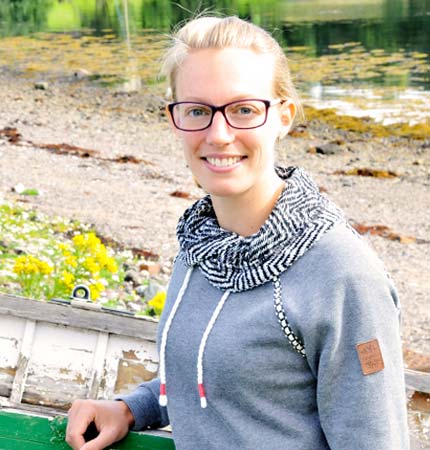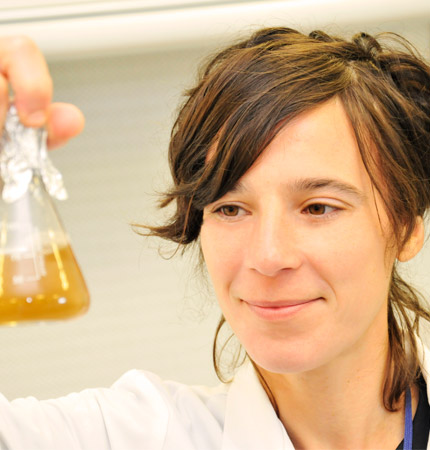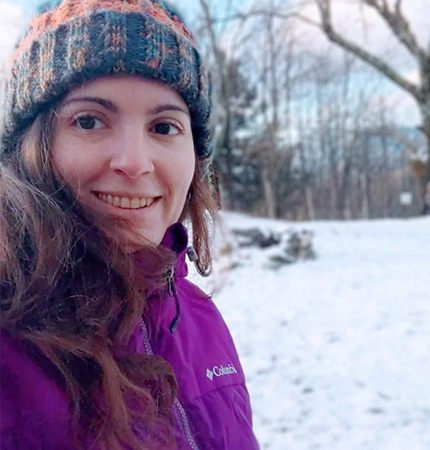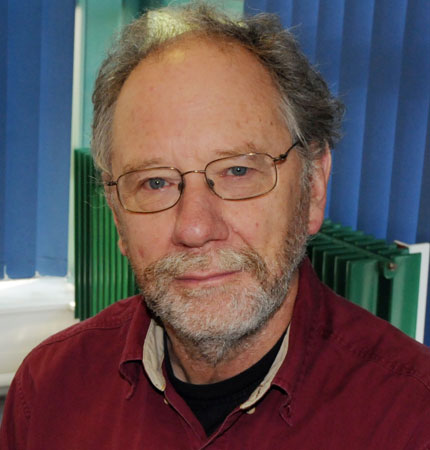GENetic diversity exploitation for Innovative macro-ALGal biorefinery
GENIALG aims to increase the production and sustainable exploitation of two high biomass yielding species of European seaweed: the brown alga Saccharina latissima (also known as sugar kelp) and the green seaweed Ulva rigida (often-called sea lettuce).
It is the first industry-driven project bringing together pioneering companies in large-scale integrated European biorefineries and experts in seaweed cultivation, genetics and metabolomics to boost the seaweed industry.
GENIALG combines available knowledge in seaweed biotechnology with reliable eco-friendly tools and methods to scale up current small cultivation seaweed operations.
The technical and economic feasibility of producing large and sustainable volumes of high-quality S. latissima and U. rigida seaweed biomass is being demonstrated in several European regions, to capitalise on the commercial potential of nutrient rich seaweed compounds.
Two pilot pre-industrial seaweed biorefinery plants provide vital seaweed compounds for a wide range of products such as cosmetics, pharmaceuticals, food and feed ingredients, fine and specialty chemicals, additives and blends such as gels, as well as precursors for biodegradable plastics.
GENIALG closely monitors the environmental conditions and their associated biodiversity at the seaweed farms to measure the impact of the crop species and their provision of additional services to these ecosystems.




